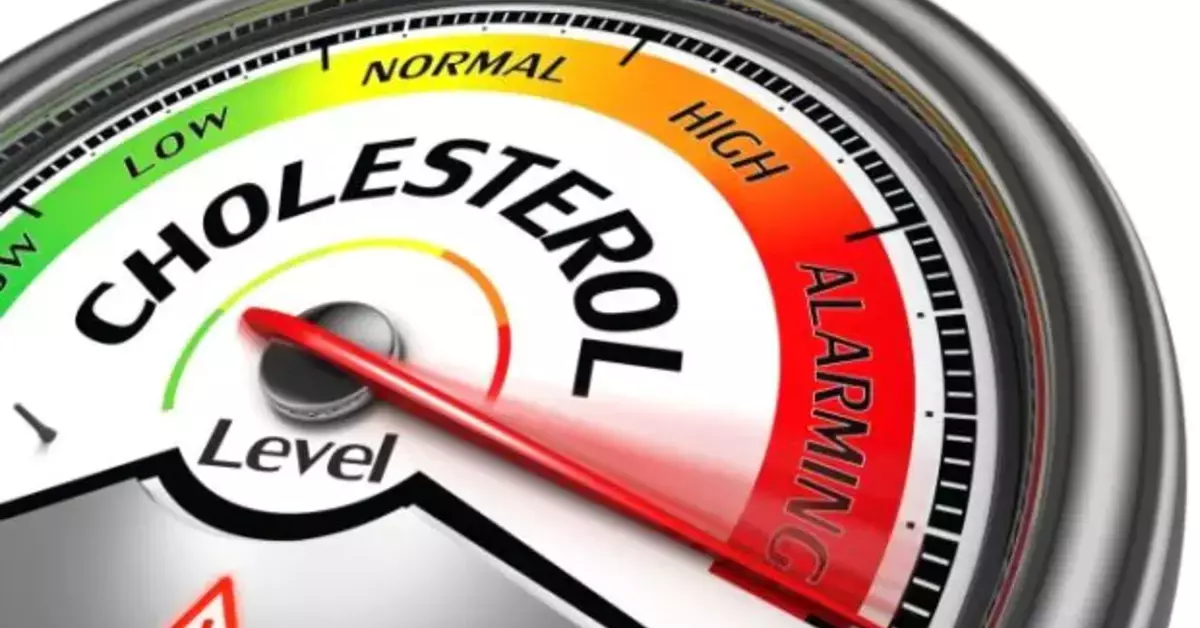In the intricate landscape of human health, cholesterol plays a multifaceted role, serving as both a crucial component of cellular processes and a potential threat to cardiovascular well-being. While essential for various bodily functions, high levels of cholesterol can pose a significant risk to heart health. To effectively manage cholesterol levels and safeguard overall health, it’s imperative to gain a comprehensive understanding of this complex substance, its types, and its impact on the body.
Deciphering Cholesterol Levels: A Numerical Perspective
Cholesterol levels are measured in milligrams per deciliter (mg/dL). The American Heart Association (AHA) recommends the following target cholesterol levels for optimal cardiovascular health:
- Total cholesterol: Less than 200 mg/dL
- HDL (high-density lipoprotein) cholesterol: 60 mg/dL or higher for men, 50 mg/dL or higher for women
- LDL (low-density lipoprotein) cholesterol: Less than 100 mg/dL
HDL Cholesterol: A Guardian of Cardiovascular Health
HDL cholesterol, often referred to as “good” cholesterol, plays a critical role in protecting against heart disease. It diligently removes LDL cholesterol from arteries, preventing plaque buildup and reducing the risk of blockages. Higher HDL levels are generally associated with a lower risk of cardiovascular events.
LDL Cholesterol: A Villain in the Cardiovascular Drama
LDL cholesterol, often dubbed “bad” cholesterol, acts as an antagonist in the realm of cardiovascular health. It tends to accumulate in the walls of arteries, forming plaque that narrows these vital passageways. This plaque buildup increases the risk of blood clots, heart attacks, and strokes.
Empowering Your Health: Natural Cholesterol Reduction Strategies
The good news is that individuals possess the power to lower their cholesterol levels through lifestyle modifications. Here are some effective natural cholesterol-reduction strategies:
- Garlic: This culinary staple contains allicin, a compound that acts as a cholesterol inhibitor, helping to lower LDL levels.
- Omega-3 fatty acids: Found abundantly in fatty fish like salmon, mackerel, and sardines, omega-3 fatty acids effectively lower triglycerides and reduce the risk of heart disease.
- Whole grains: Whole grains, such as oats, brown rice, and barley, are rich in soluble fiber, which binds to cholesterol and removes it from the body.
Proactive Measures: Addressing Risk Factors for High Cholesterol
While lifestyle choices play a significant role in cholesterol levels, certain factors can increase an individual’s susceptibility to high cholesterol:
- Diet: A diet high in saturated and trans fats, cholesterol, and refined carbohydrates can significantly contribute to elevated cholesterol levels.
- Physical inactivity: Lack of exercise lowers HDL cholesterol and raises LDL cholesterol levels, further increasing the risk of high cholesterol.
- Family history: A family history of high cholesterol increases an individual’s likelihood of developing the condition.
- Underlying medical conditions: Diabetes, kidney disease, liver disease, and hypothyroidism can also contribute to high cholesterol levels.
Conclusion: Embracing a Heart-Healthy Lifestyle for Long-Term Well-being
Understanding cholesterol and its impact on health is the foundation for making informed decisions about lifestyle choices. By adopting a heart-healthy diet, incorporating regular physical activity into one’s routine, and managing other risk factors, individuals can effectively lower their cholesterol levels and safeguard their hearts for years to come. Remember, taking charge of cholesterol management is an investment in long-term health and well-being.
FAQ
Q: What are the symptoms of high cholesterol?
High cholesterol often has no symptoms, which is why it’s important to get your cholesterol levels checked regularly. However, some people may experience symptoms such as chest pain, shortness of breath, and leg pain. If you experience any of these symptoms, it’s important to see a doctor to rule out heart disease.
Q: How can I lower my cholesterol without medication?
There are many things you can do to lower your cholesterol without medication, such as:
- Eating a healthy diet: This includes eating plenty of fruits, vegetables, and whole grains, and limiting saturated and trans fats, sodium intake, and sugary drinks.
- Engaging in regular physical activity: Aim for at least 150 minutes of moderate-intensity aerobic exercise or 75 minutes of vigorous-intensity aerobic exercise per week.
- Maintaining a healthy weight: Losing even a small amount of weight can significantly lower cholesterol levels.
- Managing stress effectively: Practice stress-reduction techniques such as mindfulness meditation, deep breathing exercises, or yoga.
- Quitting smoking: Smoking is a major risk factor for high cholesterol and heart disease. Quitting smoking can significantly reduce the risk of these conditions.
Q: When should I see a doctor about my cholesterol?
You should see a doctor to have your cholesterol levels checked if you are:
- Age 45 or older
- Have a family history of high cholesterol
- Have other risk factors for heart disease, such as high blood pressure, diabetes, or obesity
Q: Are there any medications to treat high cholesterol?
Yes, there are several medications that can effectively lower cholesterol levels. However, lifestyle modifications should always be the first line of treatment. If lifestyle changes alone are insufficient, your doctor may prescribe medication.
Q: What are the benefits of lowering my cholesterol levels?
There are many benefits to lowering your cholesterol levels, including:
- Reduced risk of heart disease and stroke
- Improved blood flow
- Reduced risk of plaque buildup in arteries
- Lower blood pressure
- Improved overall health and well-being
Remember,
managing cholesterol levels and adopting a heart-healthy lifestyle are crucial for preventing and managing heart disease, ensuring a healthier and more fulfilling life.

Your article helped me a lot, is there any more related content? Thanks!